NEW YORK — Bill Murray has walked onto David Letterman’s show dressed as Liberace, a jockey and a football player, flown onto the set in a Peter Pan outfit, worked out while singing “Let’s Get Physical” and dove into a water-filled dumpster strewn with garbage. This week he said goodbye.
Murray’s 44th and final appearance Tuesday marked the end of late-night television’s most unique and enduring host-guest relationship, with years of oddball humor by two comics whose sensibilities seemed perfectly aligned.
Letterman ends his 33-year run as a late-night host Wednesday night.
Murray, the former “Saturday Night Live” player turned movie star, guested on Letterman’s first “Late Night” on Feb. 1, 1982, and on the Aug. 30, 1993, debut of CBS “Late Show.” Others have appeared with Letterman more times – Marv Albert, Regis Philbin, Tom Brokaw and a few more – but none as indelibly as Murray.
“He is one of the all-time great talk show guests,” said Rob Burnett, executive producer of the “Late Show.”
Before the first of Letterman’s 6,028 nights as host, Murray came to a meeting and mentioned spoofing Olivia Newton-John’s hit song, said Paul Shaffer, Letterman’s bandleader. Then Murray disappeared, not attending any rehearsals, not even showing up at the studio until after the show’s taping began, he said. Much perspiration ensued. Finally, he showed up and performed an exaggerated routine to the song that included pulling a woman from the audience.
“Billy showed us from day one how it could be, how free the show could be,” Shaffer said.
A tape of that first appearance also illustrates that there was an off-kilter chemistry between the two men that was apparent from the start. These were two men who understood and enjoyed each other, and loved to push the boundaries of comedy. You never knew what to expect, and Letterman went along for the ride in ways that he wouldn’t with anyone else.
“I am going to make every second of your life, from this moment on, a living hell,” Murray mock-promised on that first show.
Murray wore the Liberace suit to celebrate the 20th anniversary of the “Late Show,” carrying a white poodle and arriving in a white car. He feigned ignorance about what he did 20 years earlier, when he spray-painted “Dave” on the host’s desk. Then he pretended to remember leaving something behind, took a box-cutter to rip up the carpet and a drill to tear up the floor and “discover” a time capsule. The deadpan absurdity of the exercise made it priceless.
One fall day, Murray said in seeming sincerity, “You know what I miss? The smell of burning leaves.”
Whomp! Brown leaves fall from the ceiling onto Letterman and his desk, and the two men strap on leaf blowers to clean the stage.
“He comes across as silly and disheveled, but there’s a very smart, very sophisticated guy under there who understands comedy at the highest level,” Burnett said. “Bill, like Dave, never latches onto the most obvious take. They both in their own way understand the world and have a view that is 10 percent off to the side. In some ways, Bill really embodies the sensibility of the ‘Late Show’ and knows how to maximize that to great effect.”
Perhaps because of his sketch comedy background on “Saturday Night Live,” Murray appreciates writers and works with them to make the appearances special, Burnett said.
Steve Martin is similar, and his appearances were precisely scripted. Murray adds unpredictability. One year, Burnett and his team kicked around several ideas with Murray in advance. One was that Murray wanted to give staff members a break, and would do things like operate cameras during the show. Another idea was that Murray, in his “lounge singer” mode, would declare that “there’s not enough love in the world.” On the show, he grabbed a camera, dubbed it “Bill Murray’s love cam” and stalked into the audience.
“Bill’s idea was a million times better than either of the two ideas individually,” Burnett said. “He turned it into something incredible.”
Murray’s utter lack of fear and willingness to throw himself completely into what he’s doing made him special. Will Ferrell can approach him in the physical comedy, but Murray worked on all levels. “You know how they say you can learn a lot from your defeats?'” he said once when things weren’t going as well as he’d hoped. “Then this appearance will be very educational for me.”
The Liberace get-up notwithstanding, in later years Murray and Letterman have relied less on comic routines and more on just talking, Burnett said.
“There’s only a small handful of people that can have a conversation with Dave on a certain level, who are really his equal,” he said. “To see Dave and Bill Murray, two comedy icons who share a mutual respect and genuinely like each other … hang back and have a conversation is in some ways better than anything we can prepare.”
Send questions/comments to the editors.

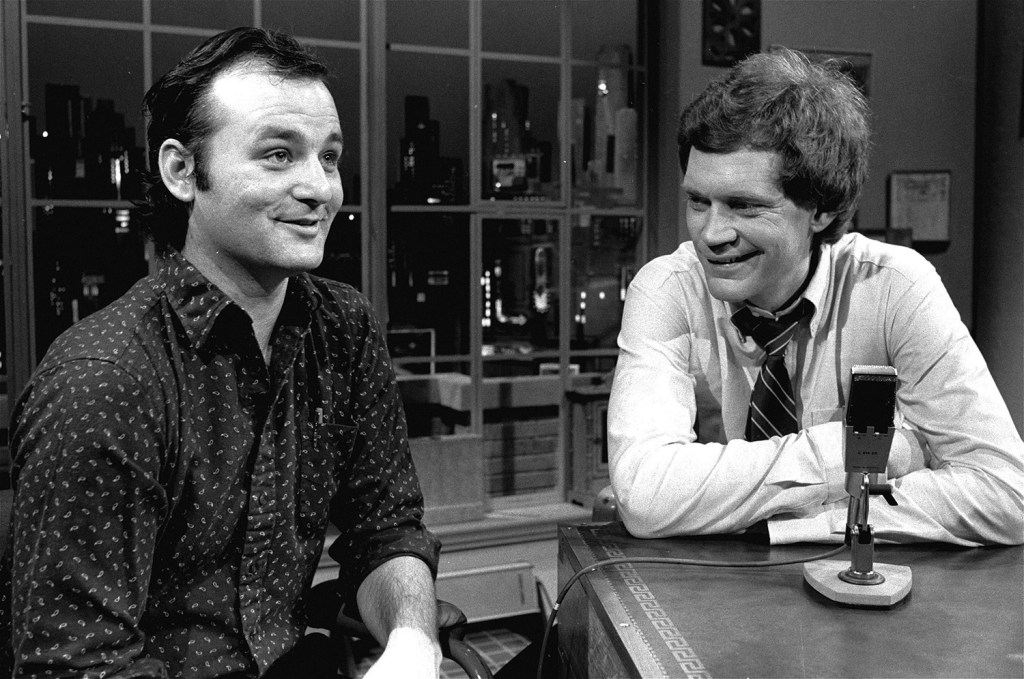
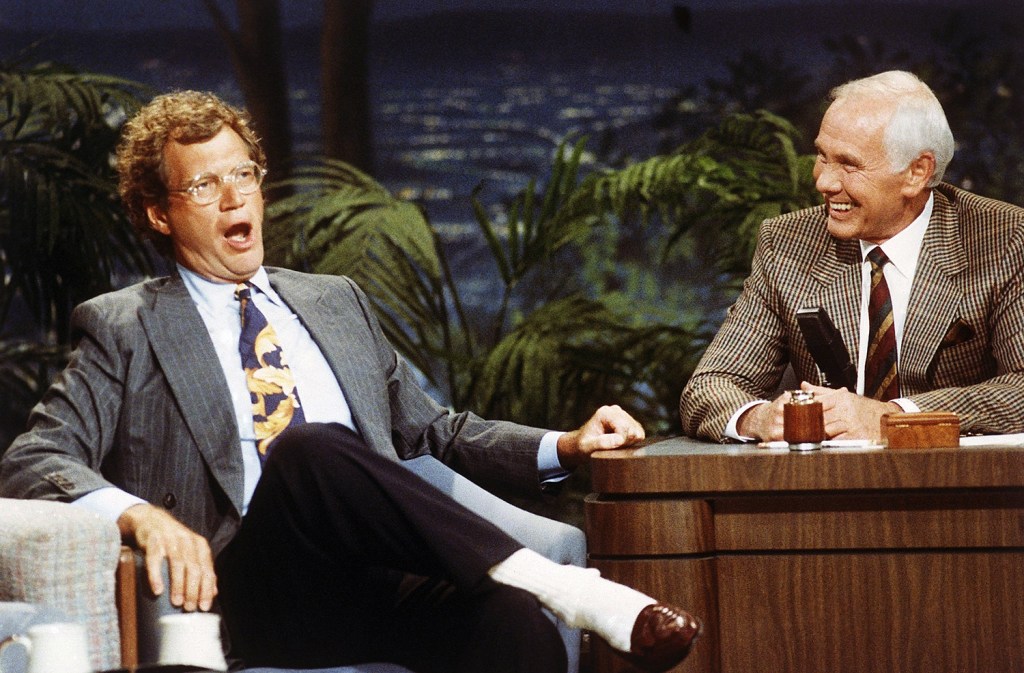

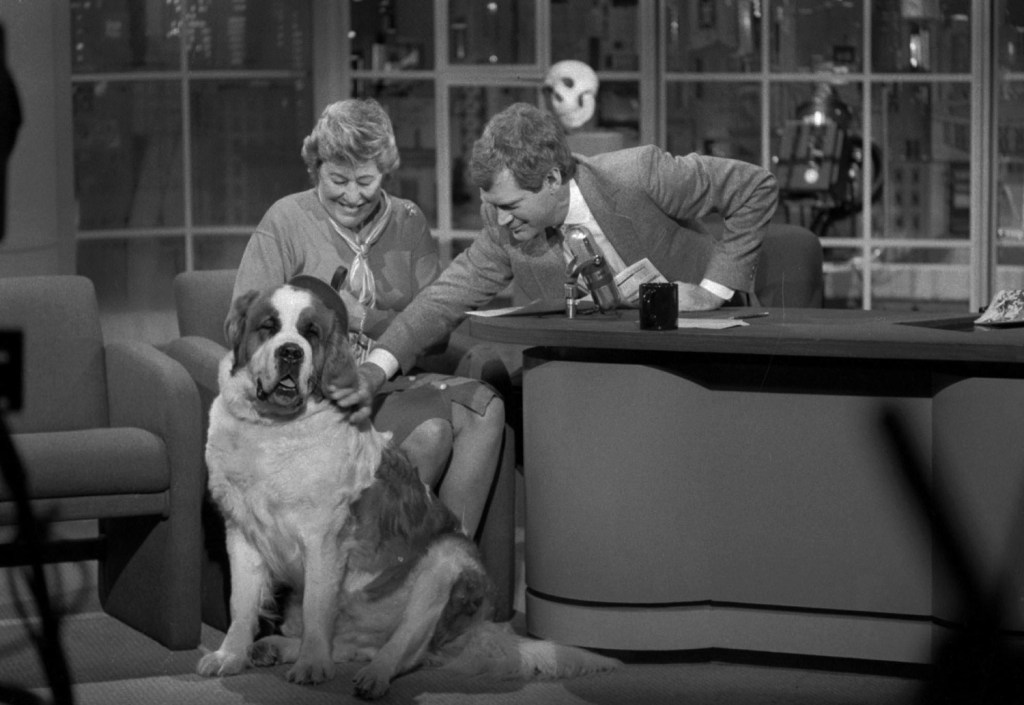
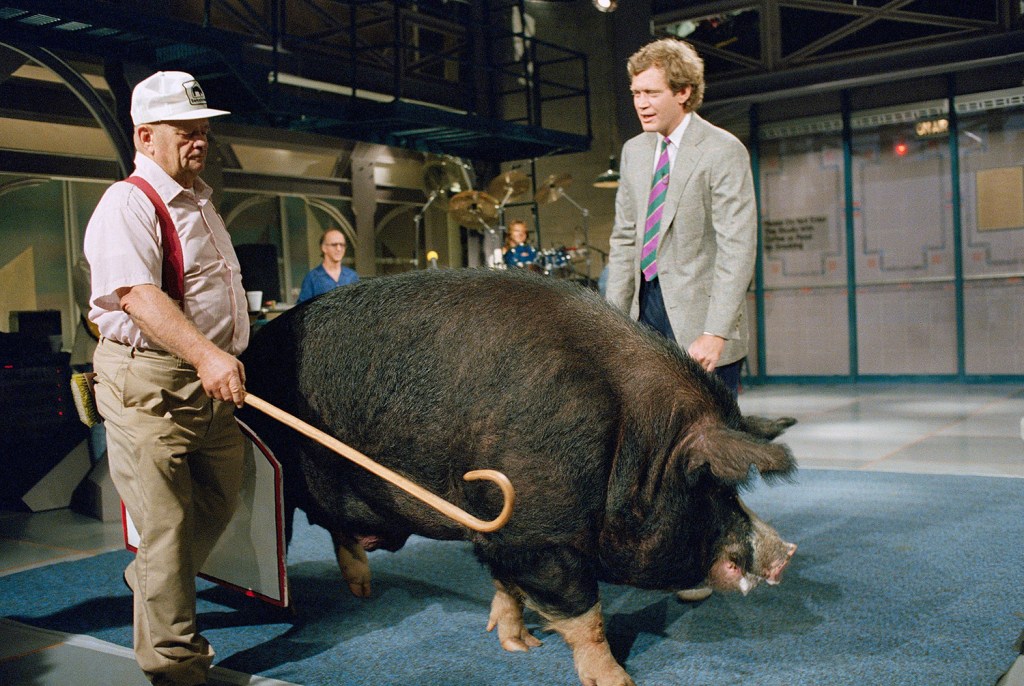

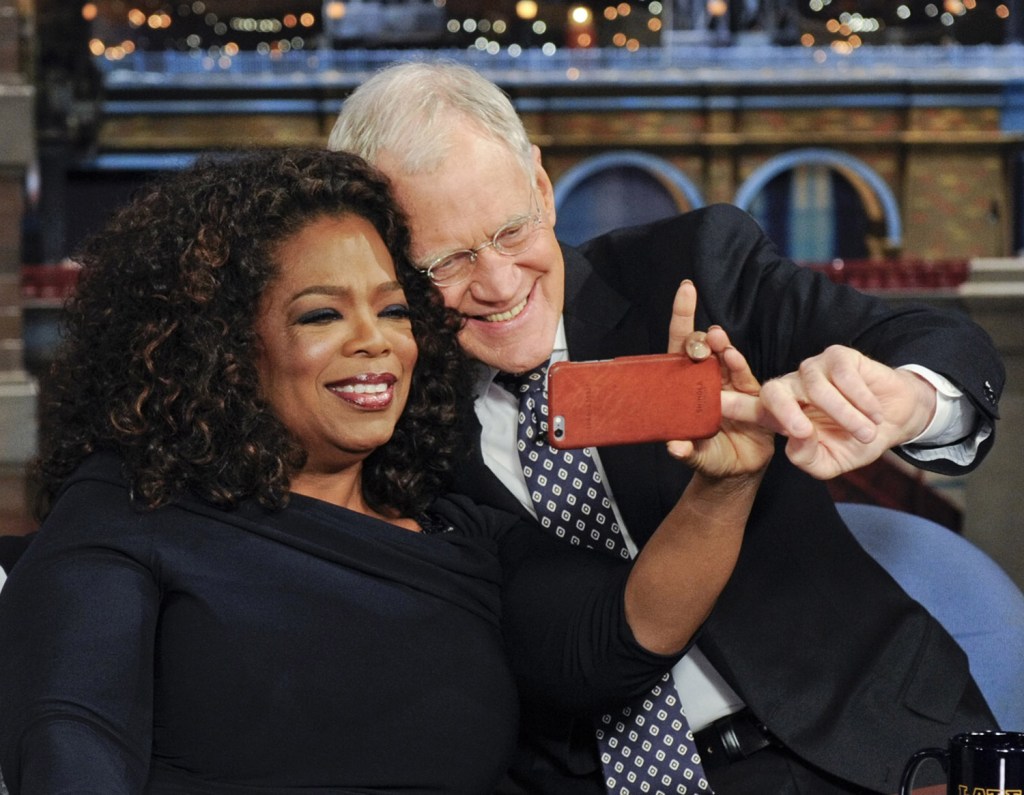
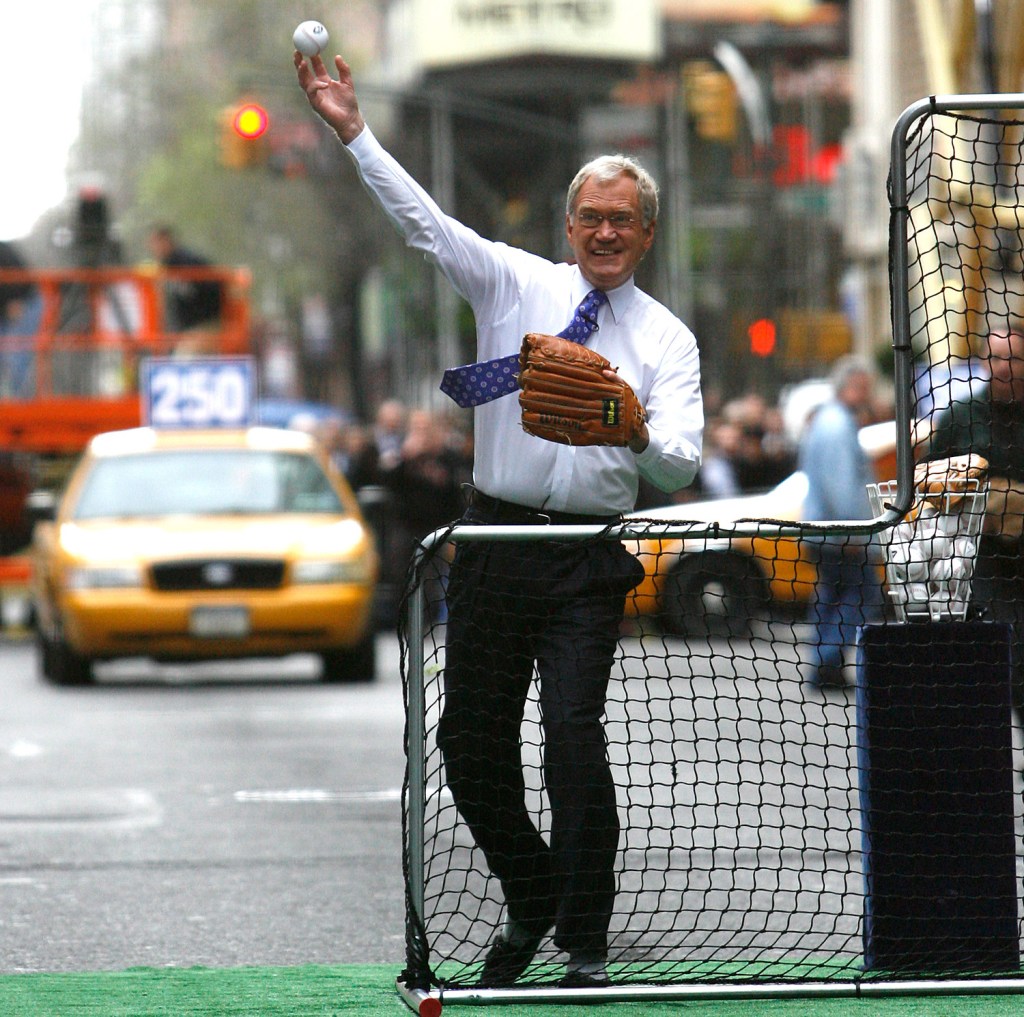
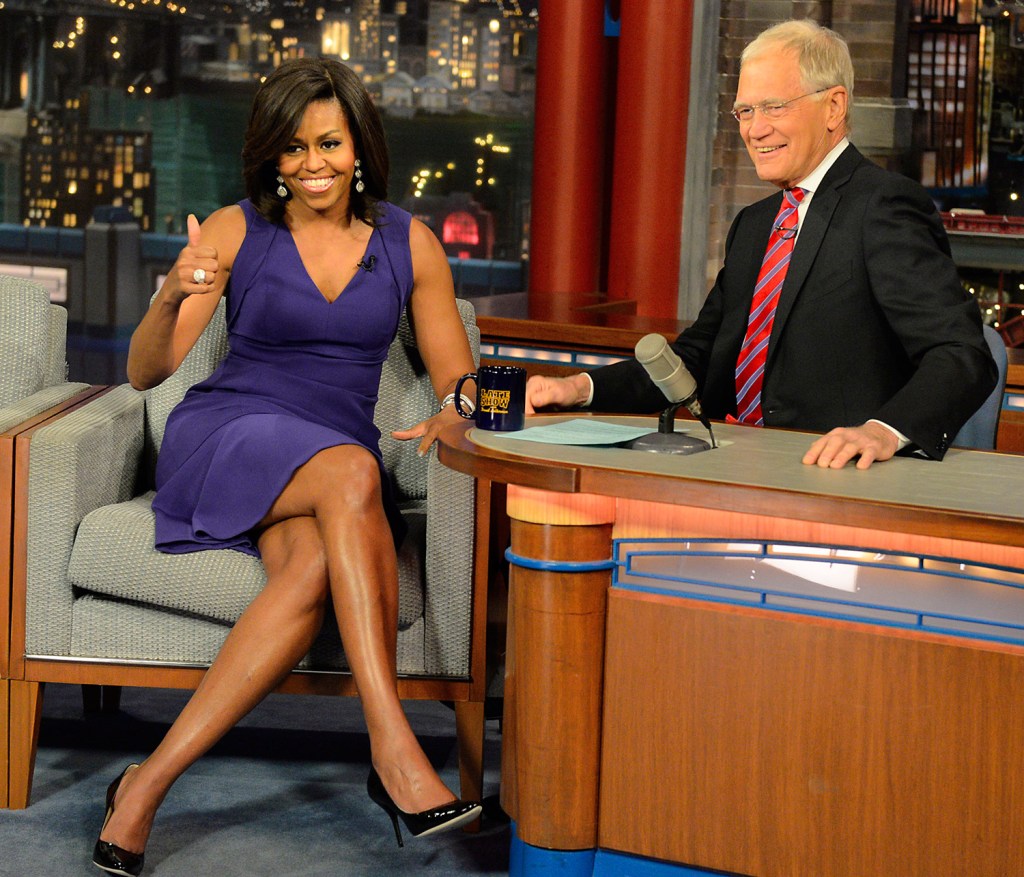
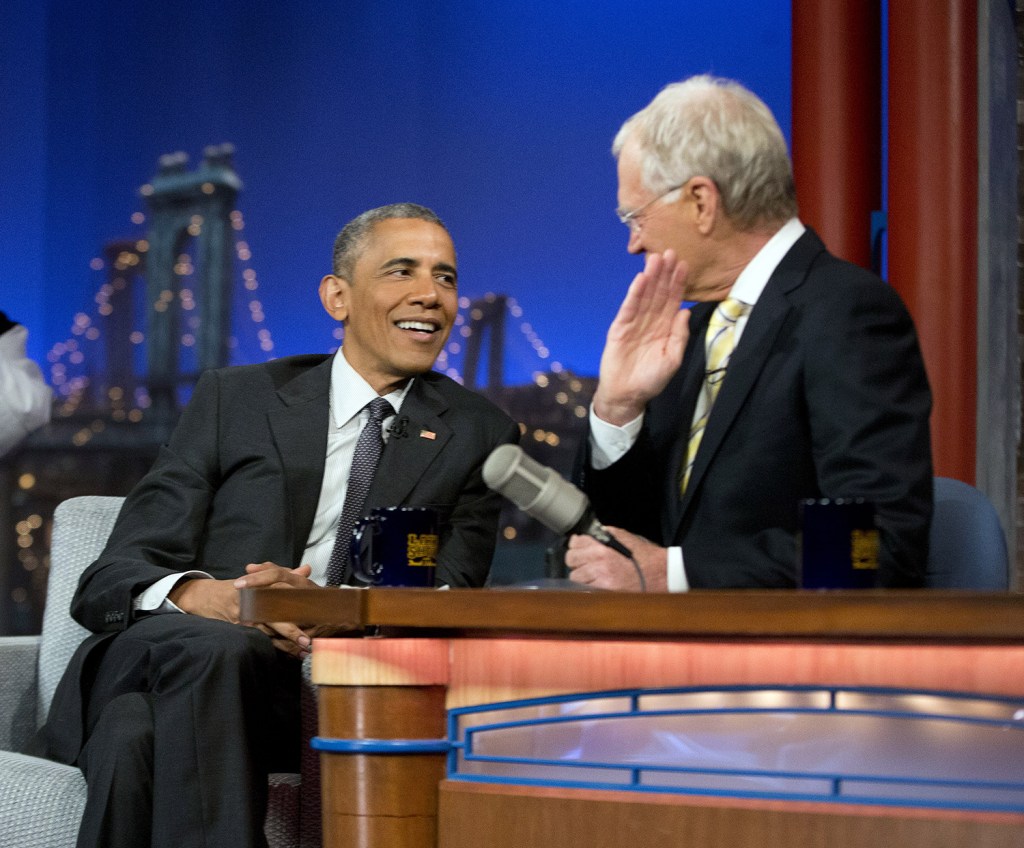
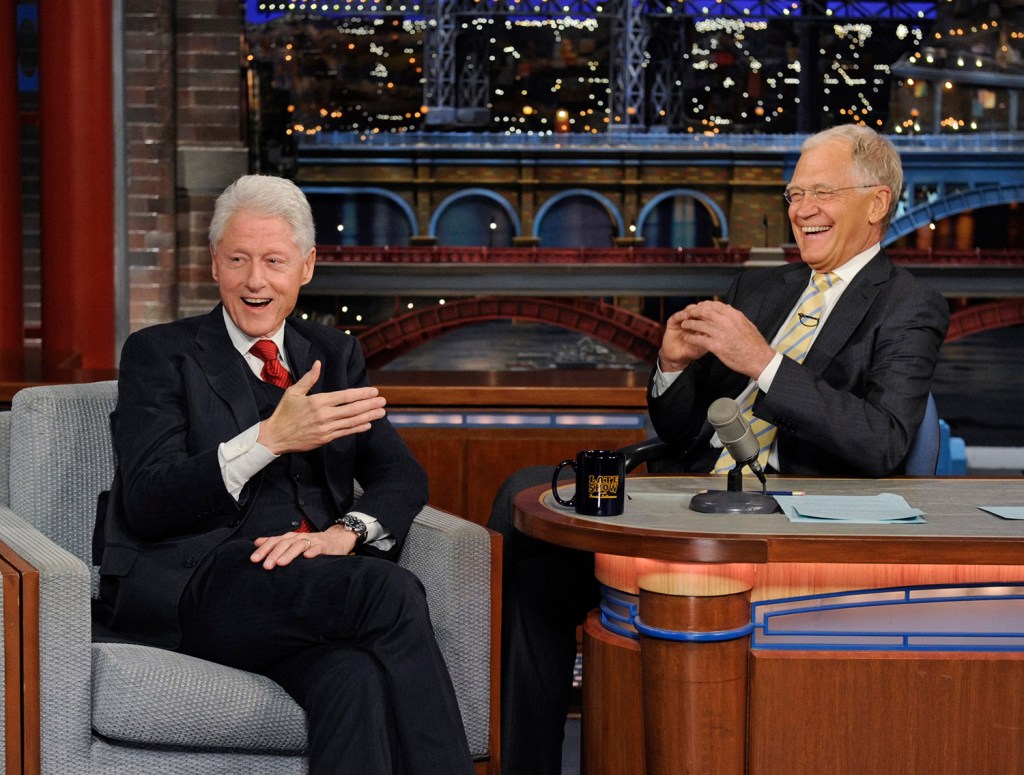
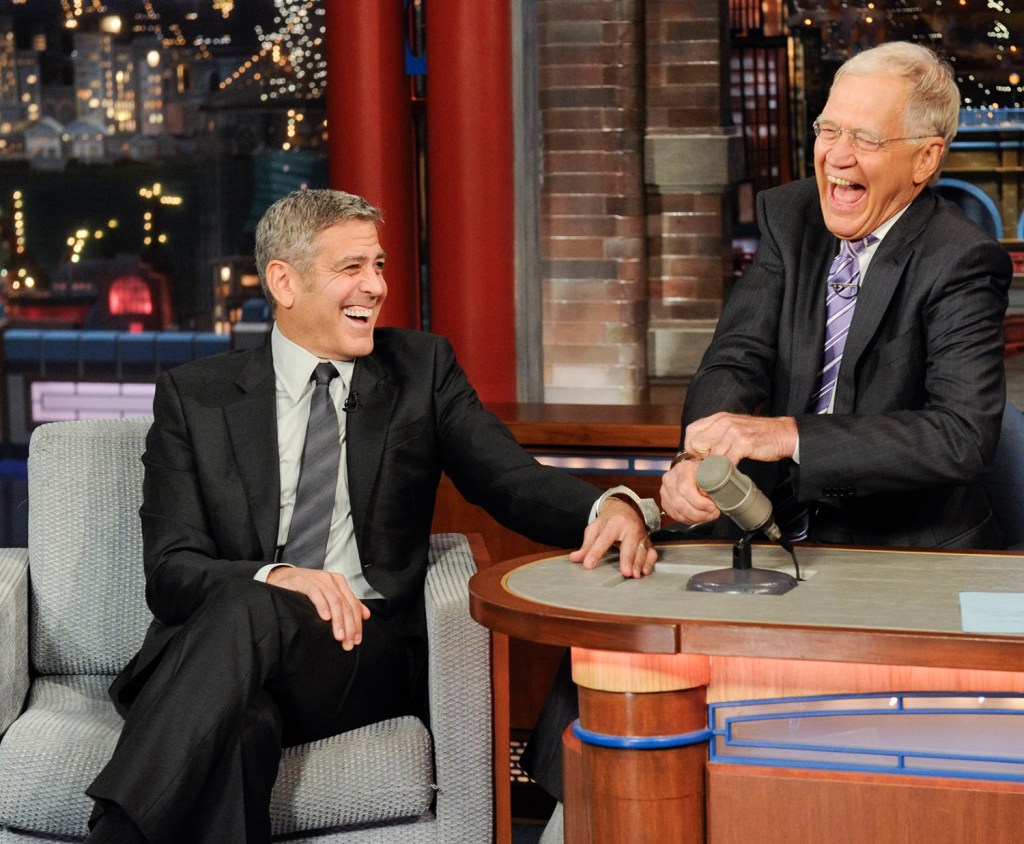
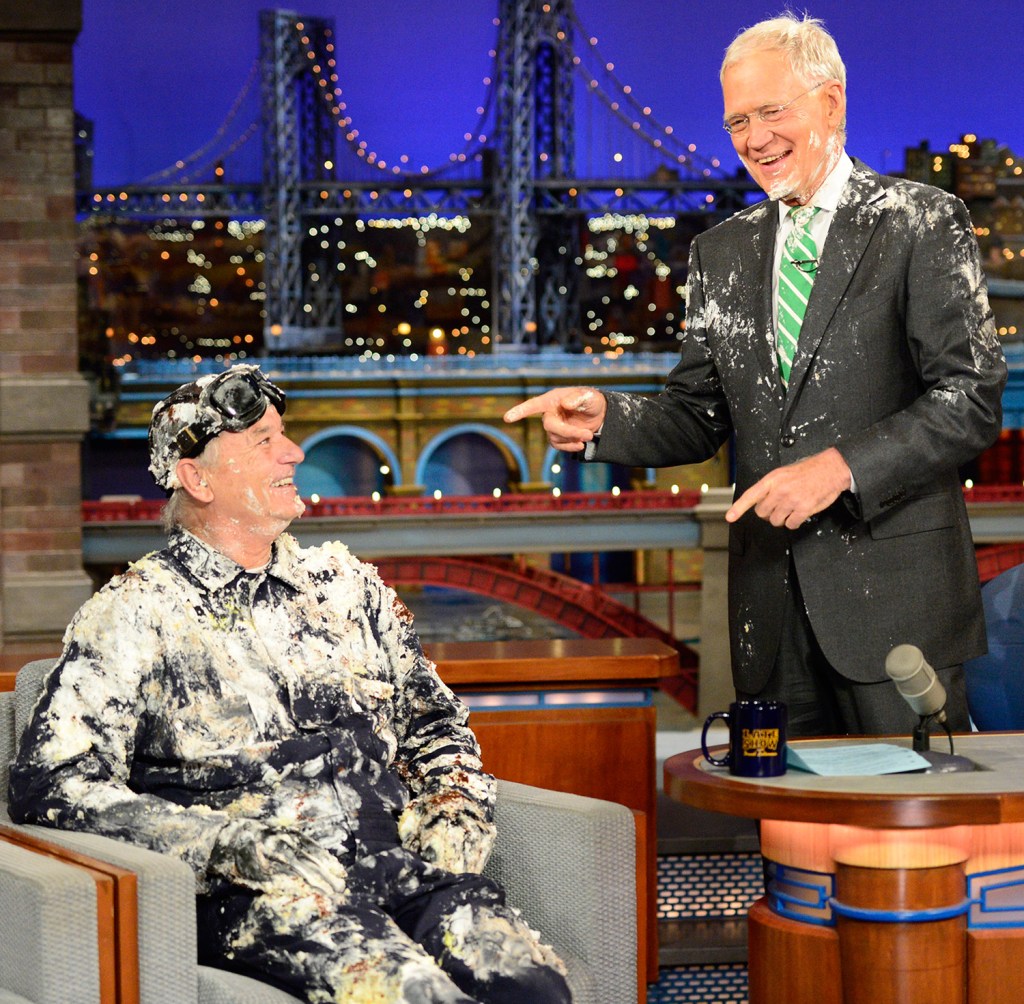

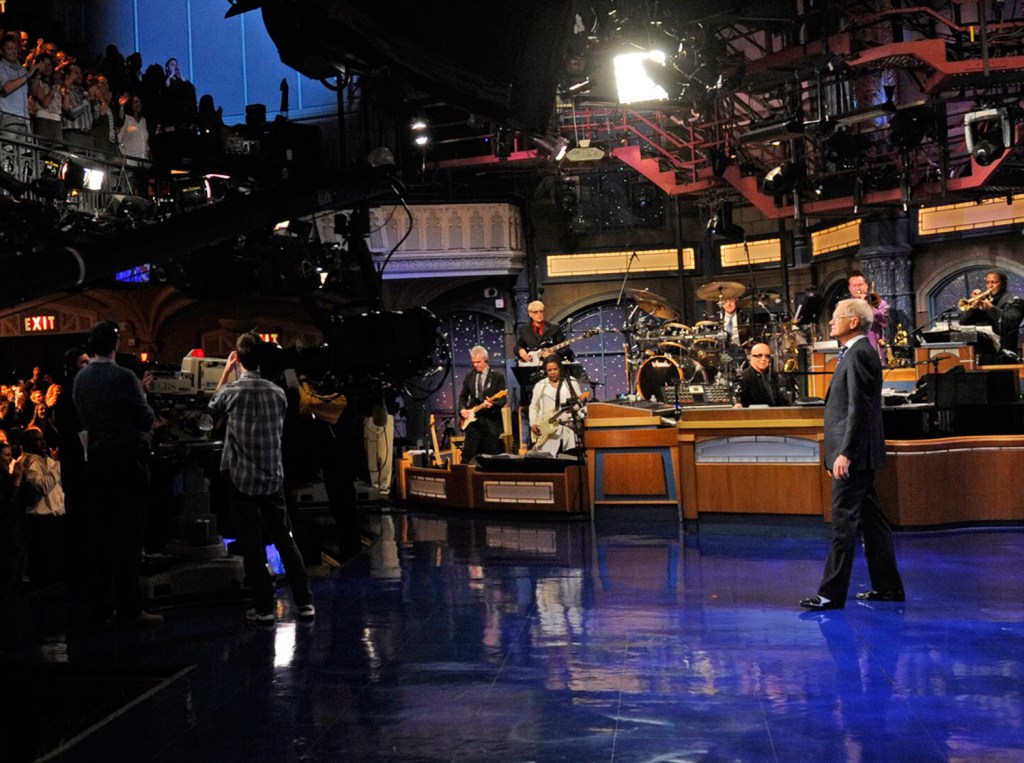

Comments are no longer available on this story